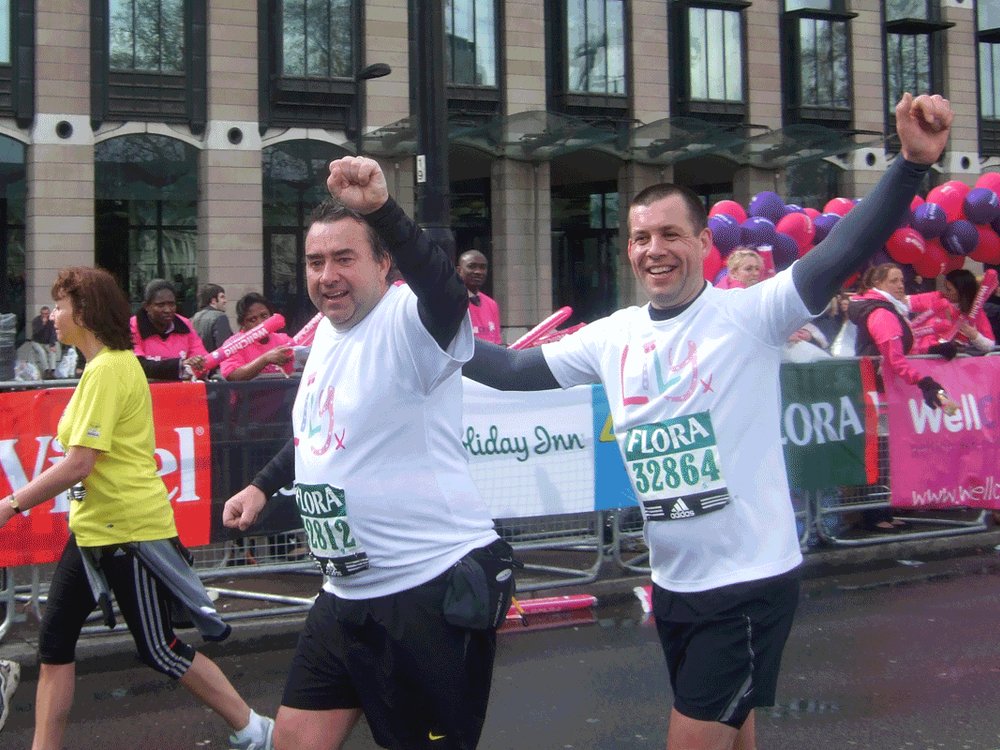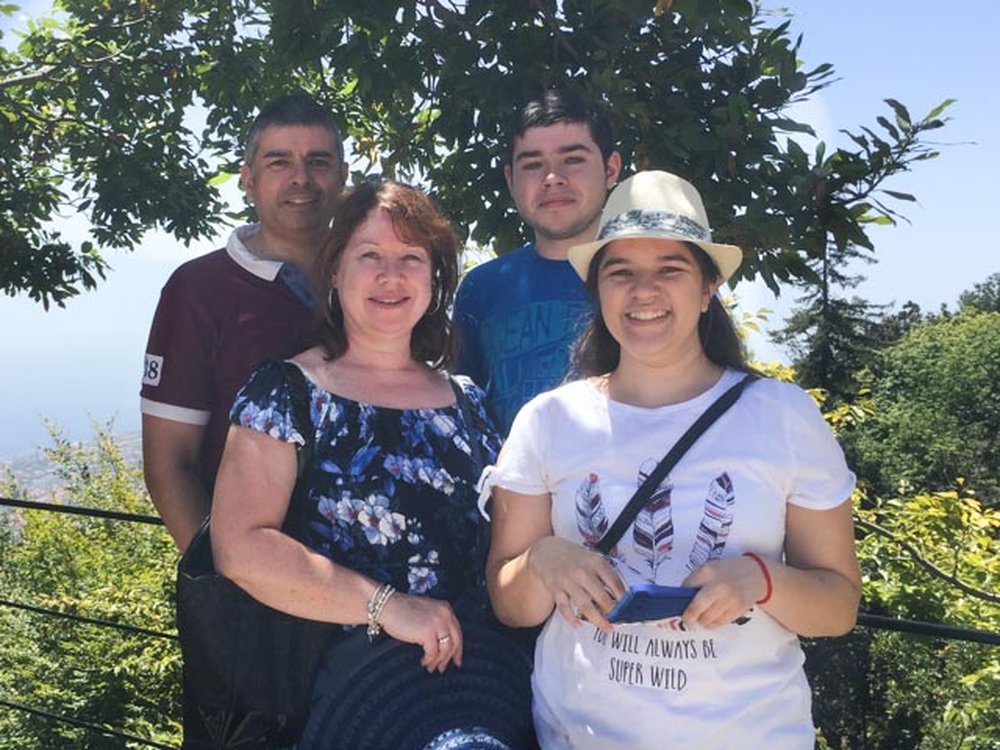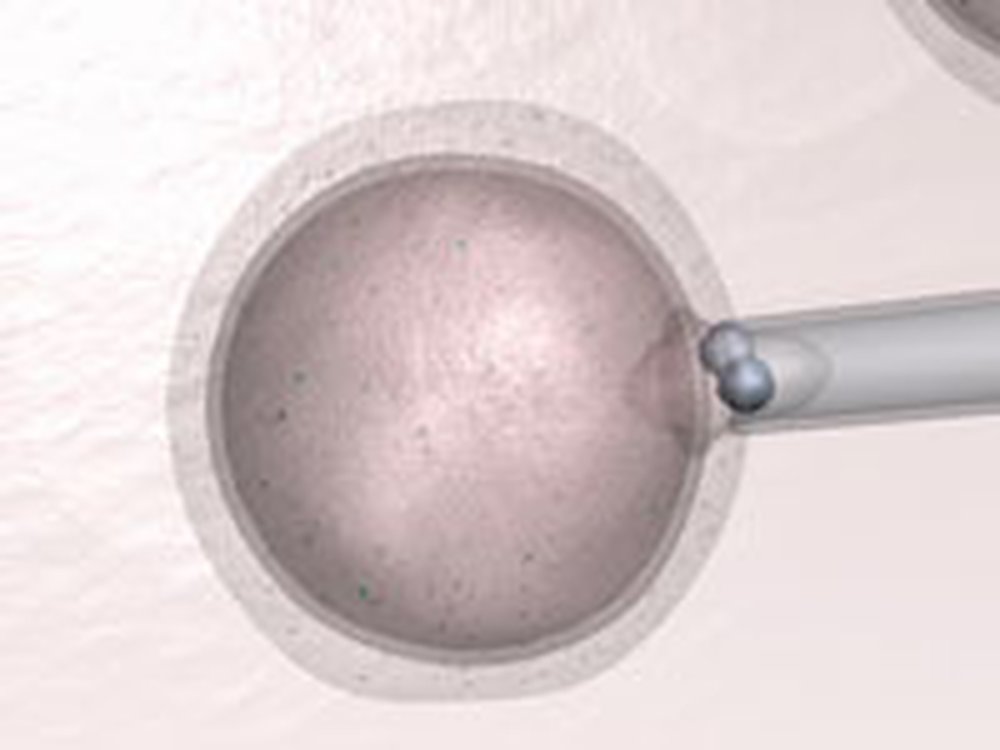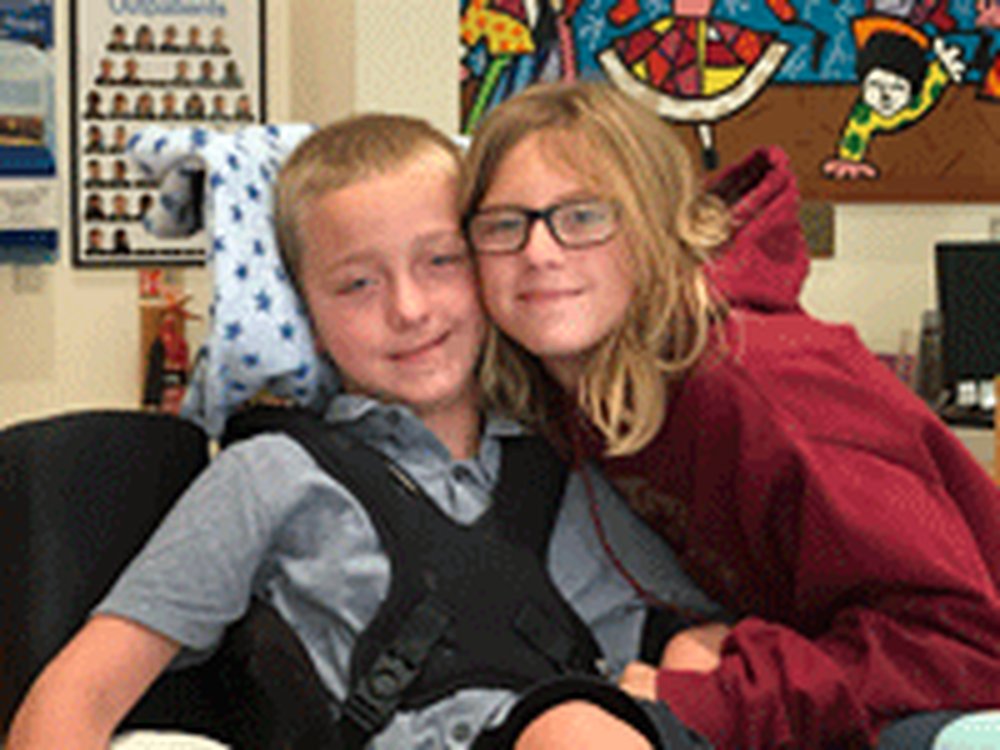Stay connected with the mitochondrial disease community
Discover the latest updates from The Lily Foundation and the wider mitochondrial disease community. You’ll find news, personal stories, research updates and insights into the vital support we provide for those affected by mitochondrial disease.
From inspiring stories of families living with mitochondrial disease to breakthroughs in mito research and much more, there’s plenty going on. Sign up to our newsletters and follow us on social media to stay informed and connected – don’t miss a thing!









